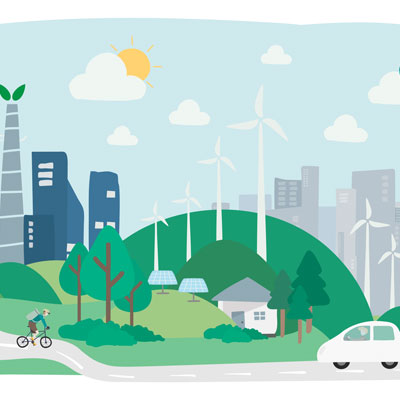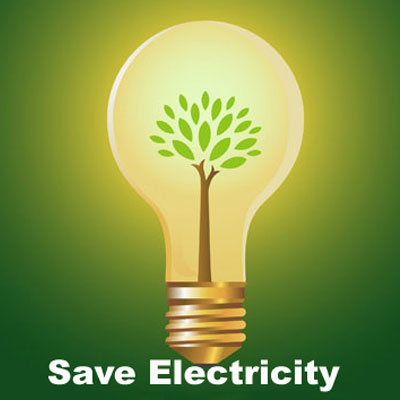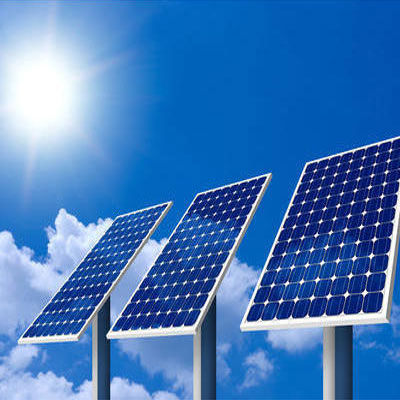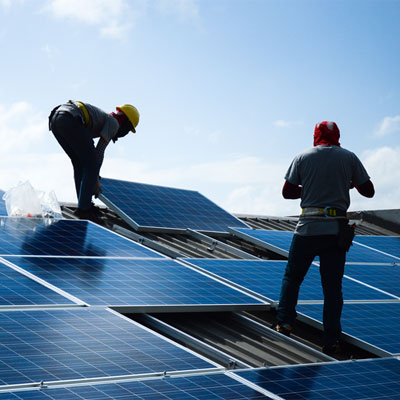Advantages – Disadvantages of Using Solar Energy Based System
Many of us know that solar energy is a good thing, but few really understand why. Therefore, we have compiled a comprehensive list of solar energy advantages and disadvantages so as to enable concerned to make an informed decision about whether Solar power is a solution for their needs or not.
Solar Energy Advantages
Saves You Money
- After the initial investment has been recovered, the energy from the sun is practically FREE.
- The recovery/ payback period for this investment can be very short depending on how much electricity you use.
- Financial incentives are available from the government that will reduce your cost.
- It will save you money on your electricity bill if you have one at all.
- Solar energy does not require any fuel.
- It’s not affected by the supply and demand of fuel and is therefore not subjected to the ever-increasing price of diesel/kerosene.
- The savings are immediate and for many years to come.
- The use of solar energy indirectly reduces health costs.
Environmentally Friendly
- Solar Energy is clean, renewable (unlike gas, oil and coal) and sustainable, helping to protect our environment.
- It does not pollute our air by releasing carbon dioxide, nitrogen oxide, sulphur dioxide or mercury into the atmosphere like many traditional forms of electrical generations does.
- Therefore Solar Energy does not contribute to global warming, acid rain or smog.
- It actively contributes to the decrease of harmful green house gas emissions.
- It’s generated where it is needed.
- By not using any fuel, Solar Energy does not contribute to the cost and problems of the recovery and transportation of fuel or the storage of radioactive waste.
Independent/ Semi-Independent
- Solar Energy can be utilized to offset grid-supplied energy consumption. It does not only reduce your electricity bill, but will also continue to supply your home/ business with electricity in the event of a power outage.
- A Solar Energy system can operate entirely independent, not requiring a connection to a power grid at all. Systems can therefore be installed in remote locations, making it more practical and cost-effective than the supply of grid electricity to a new site.
- The use of Solar Energy reduces our dependence on foreign and/or centralized sources of energy, influenced by natural disasters or international events and so contributes to a sustainable future.
- Solar Energy supports local job and wealth creation, fuelling local economies.
Low/ No Maintenance
- Solar Energy systems are virtually maintenance free and will last for decades.
- Once installed, there are no recurring costs.
- They operate silently, have no moving parts, do not release offensive smells and do not require you to add any fuel.
- More solar panels can easily be added in the future when your needs grow.
Solar Energy Disadvantage
- The initial cost is the main disadvantage of installing a solar energy system, largely because of the high cost of the semi-conducting materials used in building one.
- The cost of solar energy is also high compared to non-renewable grid-supplied electricity. However as energy shortages are becoming more common, solar energy is becoming price-competitive and a commercially viable solution.
- Solar panels require quite a large area for installation to achieve a good level of efficiency.
- The efficiency of the system also relies on the location of the sun, although this problem can be overcome with the installation of certain components.
- The production of solar energy is influenced by the presence of clouds or pollution in the air.
- Similarly, no solar energy will be produced during nighttime although a battery backup system will solve this problem.





